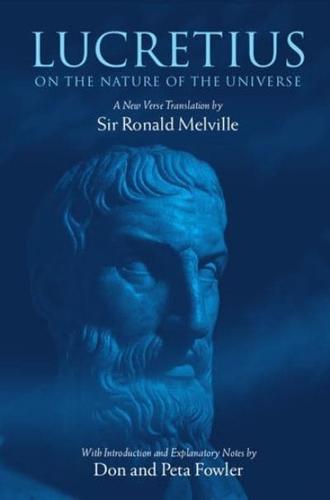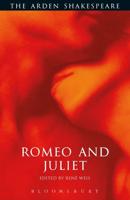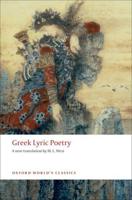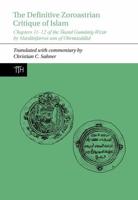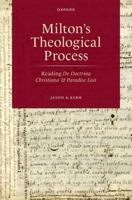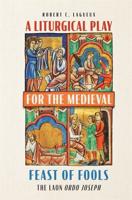Publisher's Synopsis
Lucretius' poem On the Nature of the Universe combines a scientific and philosophical treatise with some of the greatest poetry ever written. With intense moral fervour he demonstrates to humanity that in death there is nothing to fear since the soul is mortal, and the world and everything in it is governed by the mechanical laws of nature and not by gods; and that by believing this men can live in peace of mind and happiness. He bases this on the atomic theory expounded by the Greek philosopher Epicurus, and continues with an examination of sensation, sex, cosmology, meteorology, and geology, all of these subjects made more attractive by the poetry with which he illustrates them. Melville translates this poem in a style which is both accurate and poetical, and in language accessible to the modern reader. The Introduction gives full details of the little that is known of Lucretius' life and background in 1st century BCE Rome, and also of the Epicurean philosophy that was his inspiration. It also explores why the issues Lucretius' poem raises about the scientific and poetical views of the world continue to be important. The Explanatory Notes explain all references for the non-classicist, and attempt to situate Lucretius' scientific theories within the thought of his time and subsequent scientific discoveries.


